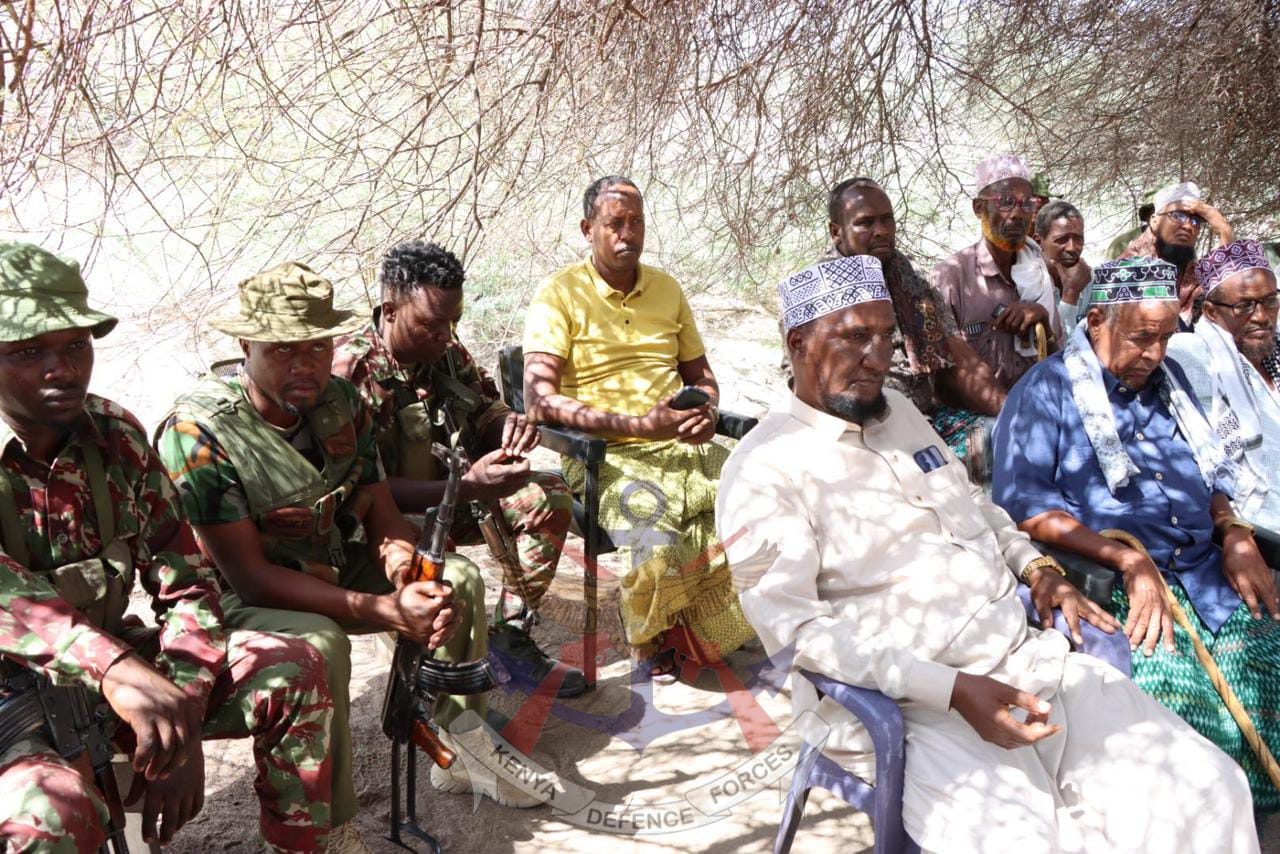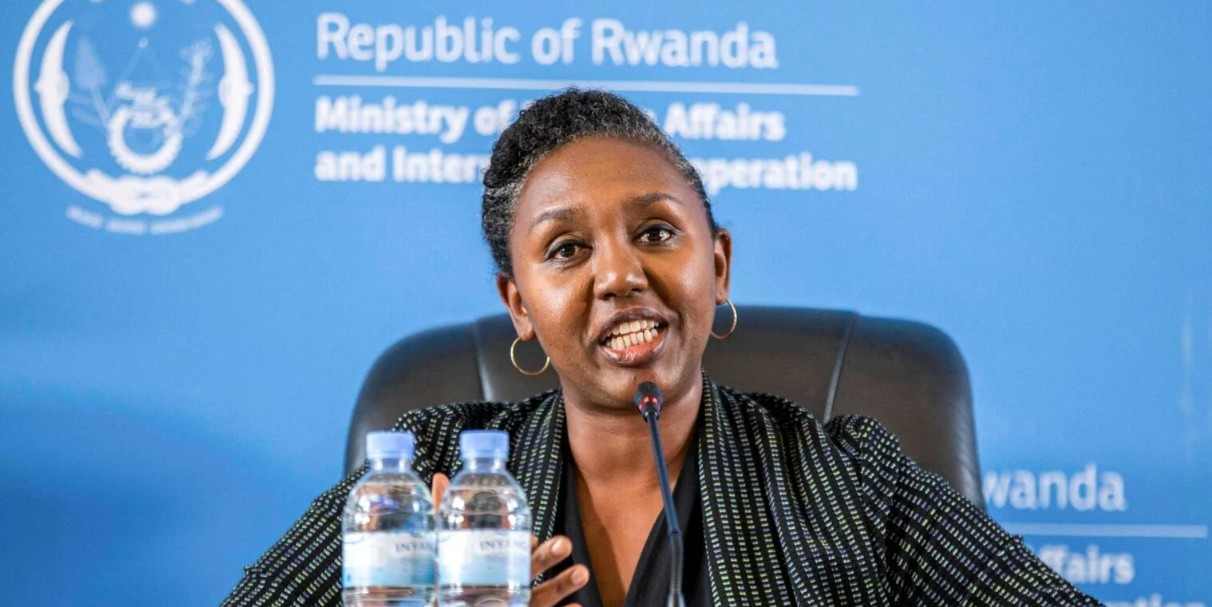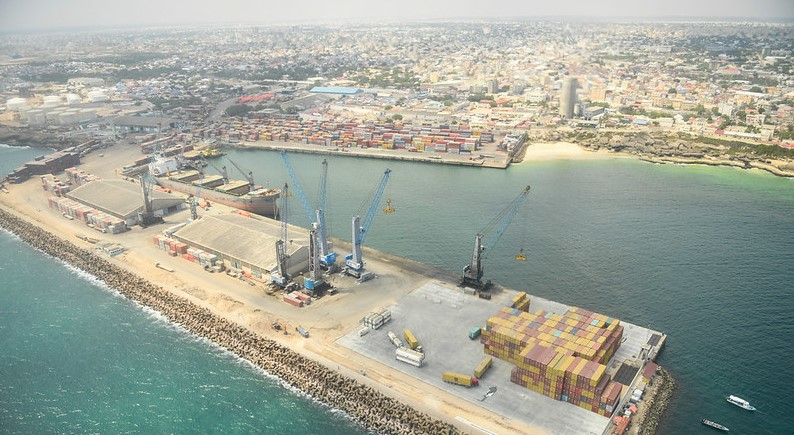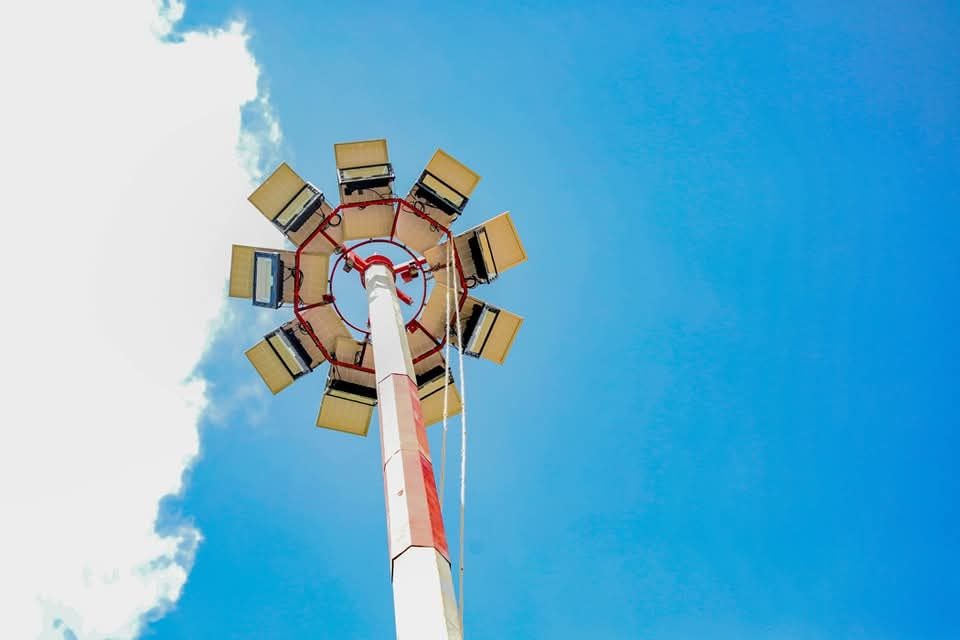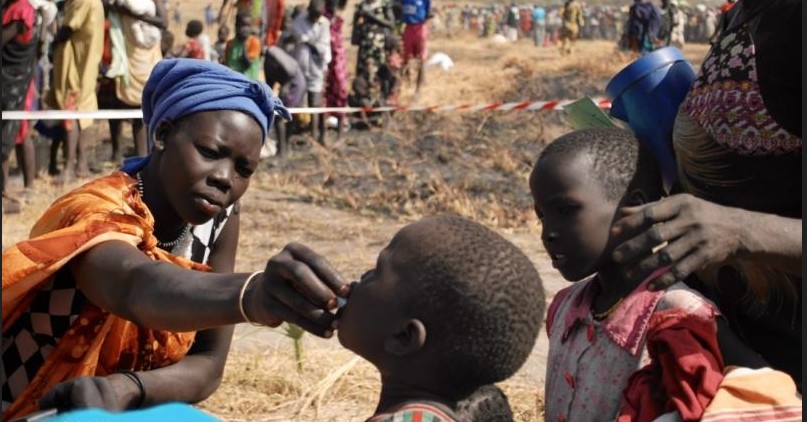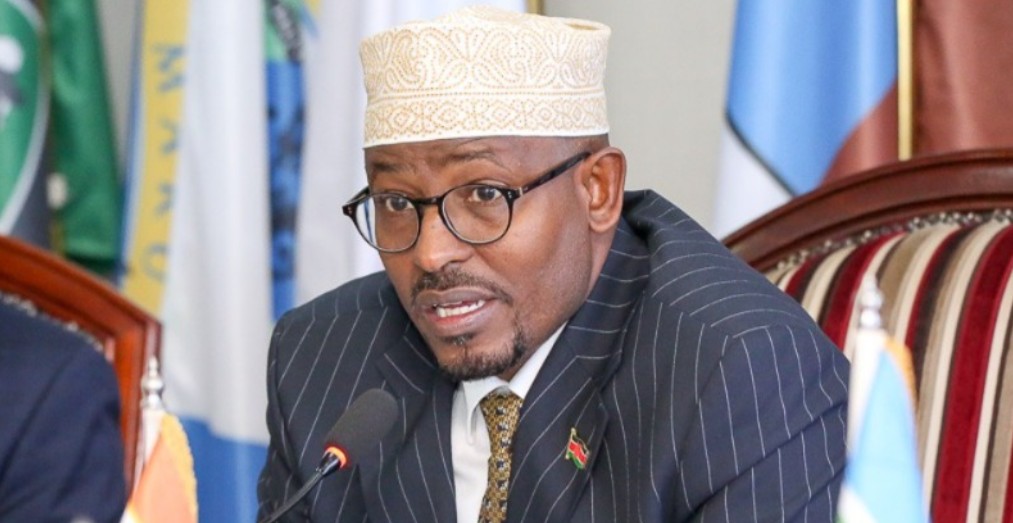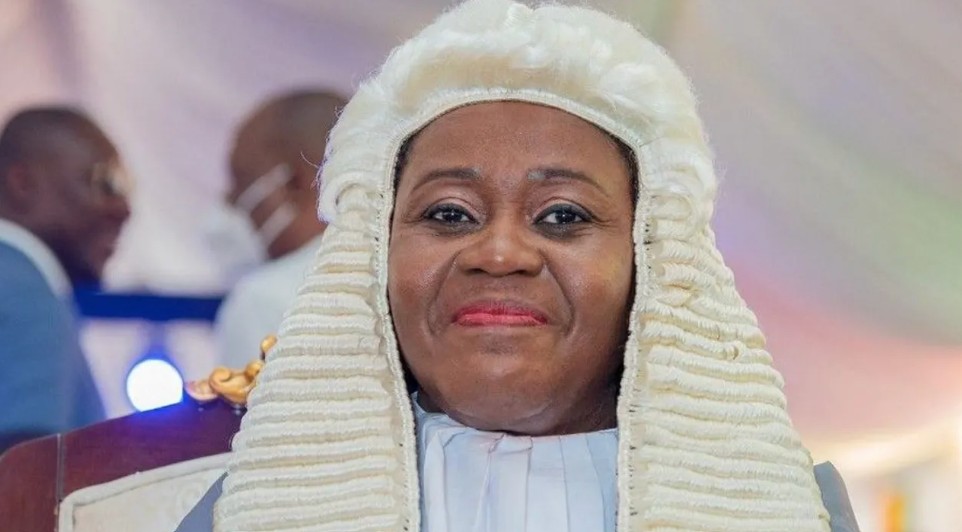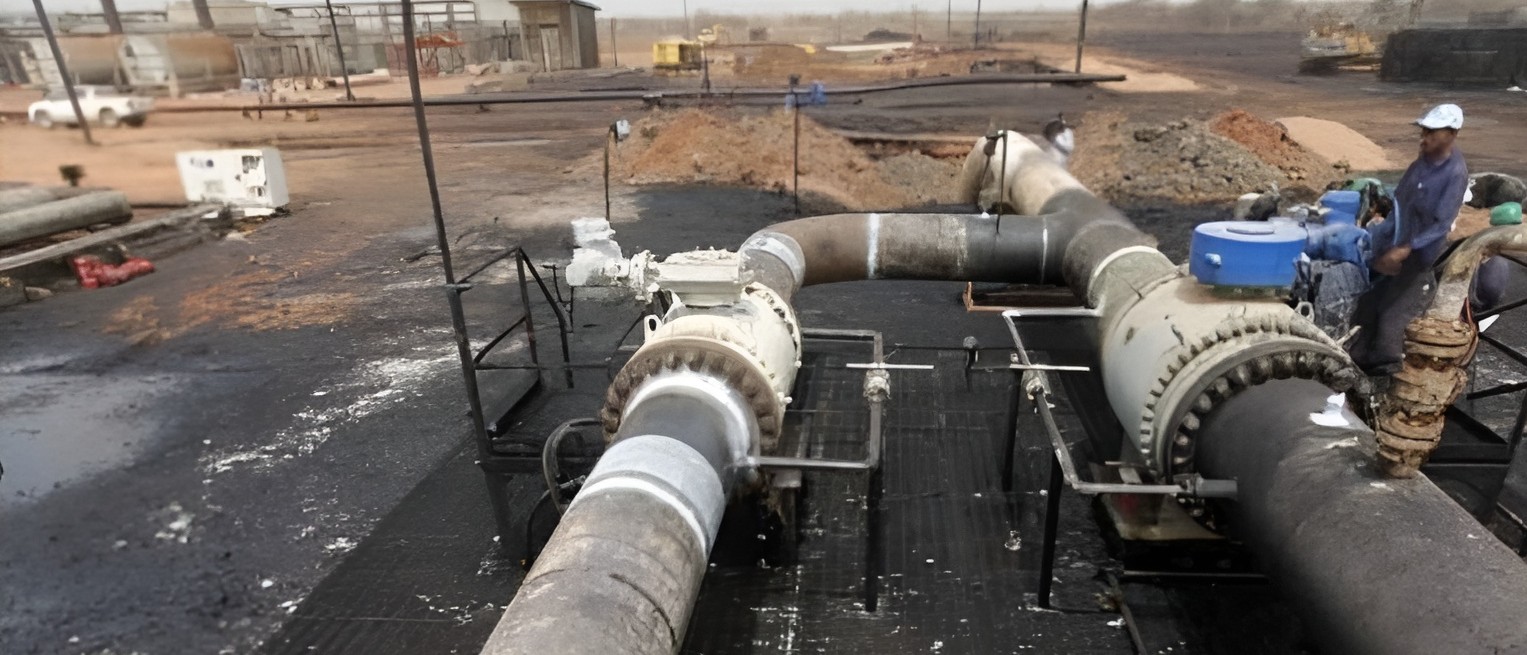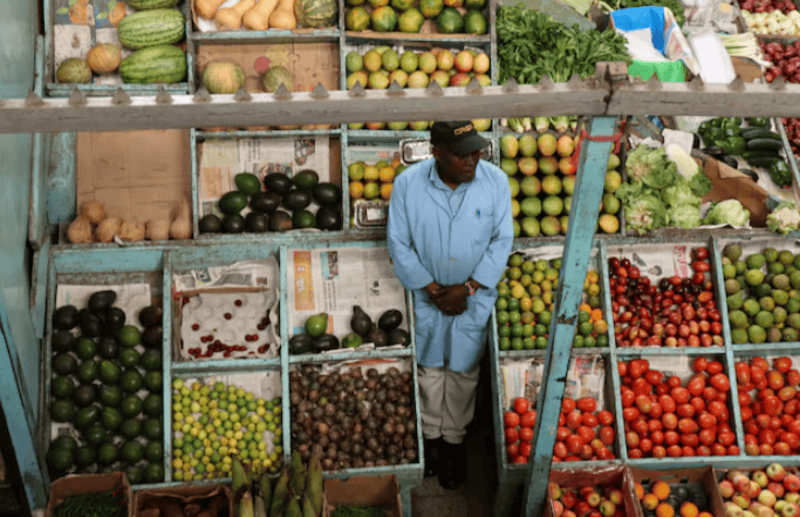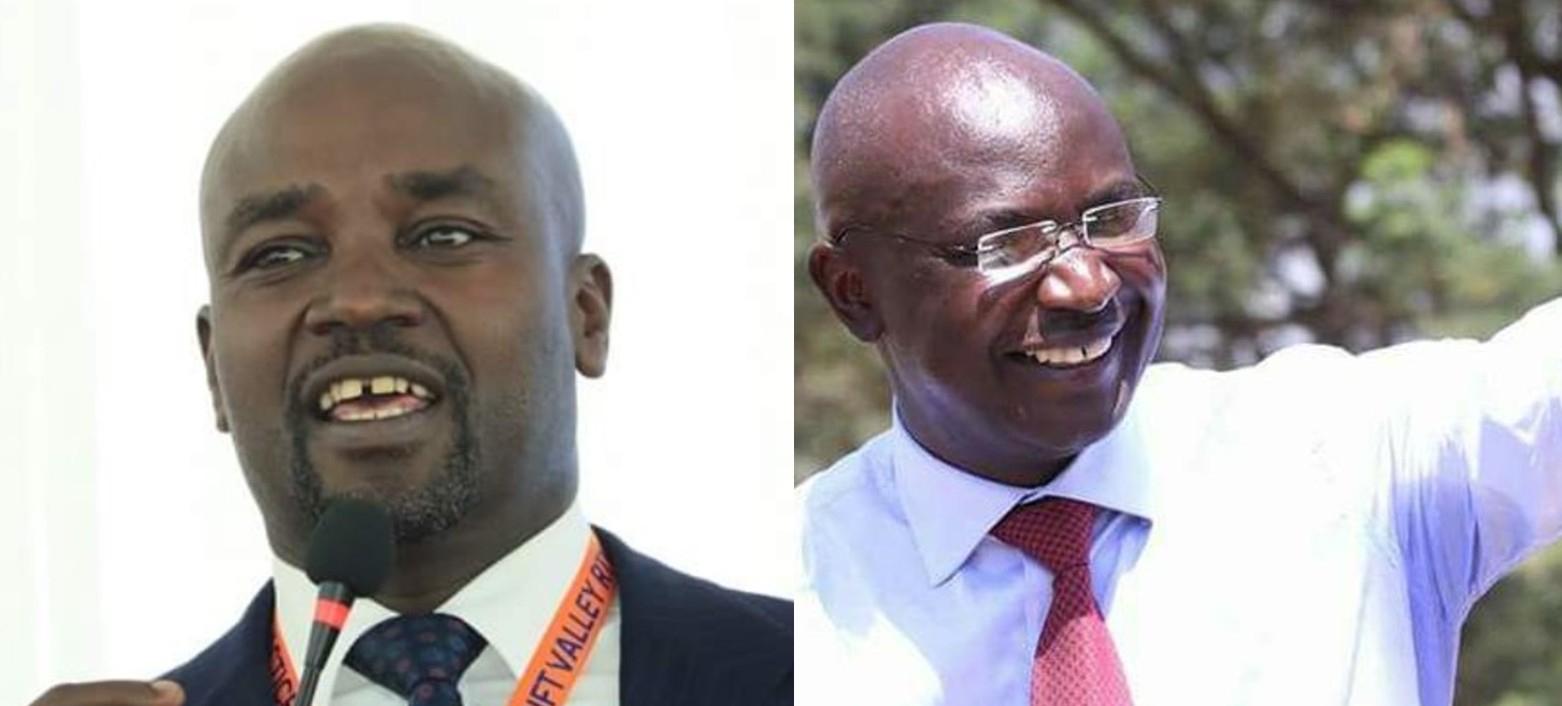Autopsy reveals Kariuki died from severe head injury caused by four bullet fragments
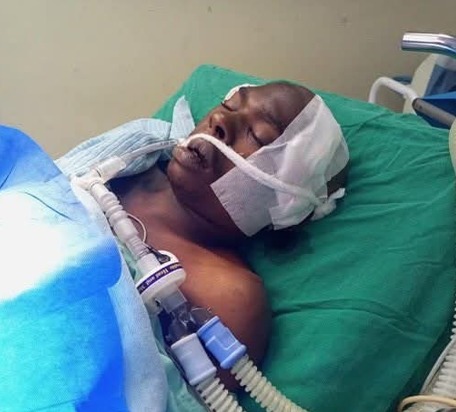
Karuki died on Monday, June 30, after spending two weeks in the Intensive Care Unit (ICU) at Kenyatta National Hospital (KNH), where he had been undergoing multiple surgeries.
Boniface Kariuki, a hawker who was shot at close range during protests demanding justice for Albert Ojwang, died from a severe head injury, with four bullet fragments found lodged in his brain, Government Pathologist Peter Ndegwa has confirmed.
The post-mortem was conducted on Thursday at the Kenyatta National Hospital, where Kariuki, 22, succumbed to his injuries.
More To Read
- Albert Ojwang’s killing: IPOA Chairperson Issack Hassan apologises for joint presser with police
- Richard Lesiyampe appointed Acting CEO of Kenyatta National Hospital
- Murkomen warns vandalism, arson and looting now considered terrorism in Kenya
- Two more deaths in police custody fuel outrage in Kakamega, Murang’a
- KNH clarifies failed kidney transplant amid patient’s police report
- Moi Teaching and Referral Hospital restricts visits after KNH patient murders
Karuki died on Monday, June 30, after spending two weeks in the intensive care unit (ICU) at Kenyatta National Hospital (KNH), where he had been undergoing multiple surgeries.
Family spokesperson Emily Wanjira said Kariuki was pronounced dead at 3.15 pm.
“We will now have to get the total bill because we have been told he is no more,” she said.
The announcement came a day after Kariuki was declared brain-dead.
On Sunday, Wanjira recounted how the family was summoned to the hospital at midnight on Saturday and informed that while Kariuki still had a pulse, he was legally brain-dead.
“We were called to come here at midnight. When we got here, they told us that he is now brain-dead, but there is still a pulse. They cannot turn off the life support machine because of legal issues,” she said.
Kariuki was shot along Tom Mboya Street in Nairobi on June 17 during protests that called for the resignation of Deputy Inspector General of Police Eliud Lagat over the death of blogger Ojwang in police custody.
At the time, Kariuki was hawking face masks to earn a living. He was critically injured and immediately rushed to KNH, where surgeons performed multiple procedures in a bid to save his life.
Although the initial surgery removed a bullet, some fragments remained lodged in his brain, complicating efforts by the medical team.
Pathologist Ndegwa said the fragments were likely missed during initial surgery due to their size and inaccessibility.
"We have completed the post-mortem and concluded that he died due to a severe head injury. The brain was extensively damaged. We found four small bullet fragments, possibly rubber, lodged deep in the brain tissue," Ndegwa said.
"The chances of survival were minimal, and there was a lot of bleeding.”
Wanjira expressed shock over the discovery of additional bullet fragments in Kariuki’s brain, saying the family had believed earlier surgeries had addressed the full extent of his injuries.
"It is a shock to us that there were more fragments. We knew two had been removed earlier, and now there are four more," she said.
He had also undergone a third operation on Friday last week. “The procedure involved relocating the breathing tubes from the nose to the throat to help him breathe normal oxygen.”
“Part of it was a procedure known as pegging, which involves creating a pathway for feeding tubes below the abdomen, connecting to the intestines for patients unable to swallow.”
Meanwhile, the High Court has ruled that two police officers, Masinde Barasa and Duncan Kiprono, linked to the shooting of Kariuki, be detained for seven days, to allow time for investigations.
Top Stories Today
